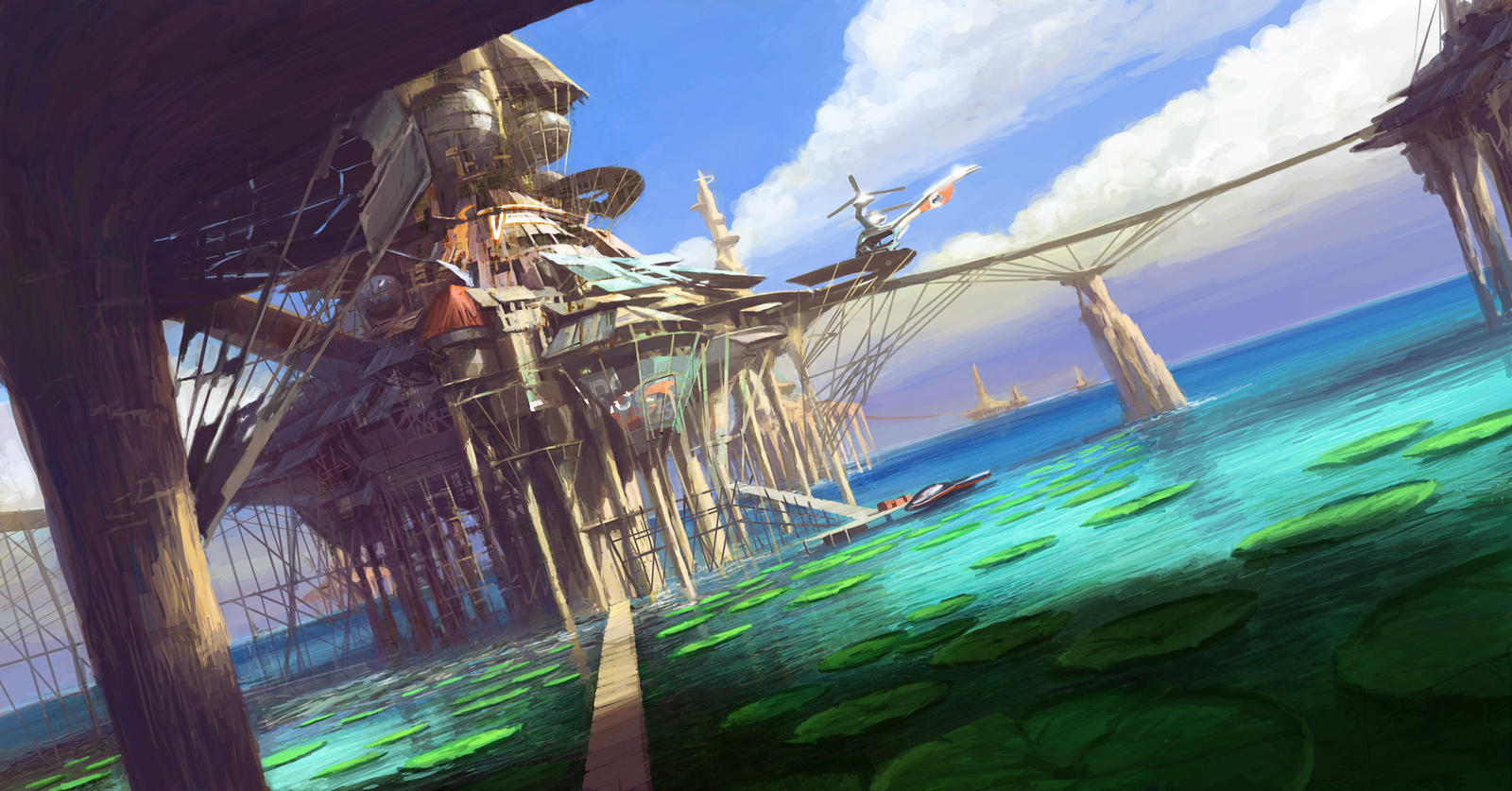Borderless Archipelago
Notes from the Future Fabulators Scenario workshop in October 2013, based on the question “What will happen to fear in 2033?”
Life in the borderless archipelago in 2033 is comfortable and inclusive. The basic needs of all its citizens are fulfilled, grounded on the premise of unconditional basic income and a generous ethos of (re)distribution of wealth. This ethos is so widespread that any thought of private property and individual gain causes pangs of guilt and fear of exposure of egotism and subsequent isolation. A new subculture of Emos cultivating guilt as a valuable emotion begins to arise. Aside from Emos, many different value systems coexist peacefully in the archipelago, with as many different currencies, all of which can be considered post-market economies. Conflict is avoided through an army of negotiators and translators, as well as the general will to learn and grow instilled in the populace from their early age. As the population is encouraged to see no borders (between disciplines, cultures, countries…), most of them are highly nomadic generalists, skilled in symbolic and other types of ecology. Even though there is a chronic lack of specialists in the archipelago, everyone is comfortable to learn by doing, and fill in the gaps of skills and knowledge as they arise. The nomadism allows the inhabitants to be close to nature, taking advantage of exchange platforms and energy efficient, non-polluting logistics hubs.
Everything seems to flow well in the archipelago, everything is transparent, well filtered and friendly (hugs are a universal greeting, sexual relationships equally borderless as their economy). However, because everything is possible, there are so many choices that people are suffering from choice paralysis and overload of transparency. The medical treatments include the “Simplify Life Cure (SLC)” and “Privacy Therapy (PT)”, treating some of the most widespread symptoms. The fear of being opaque and mistranslated burdens the inhabitants and creates movements of resistance, such as the “Zombie Dada”, valuing noise above all else, and Inexperience Pirates, attacking the strongholds of the translation and filtering industry. But even the resistance is seen as yet another value system, that can be easily incorporated in the archipelago's ethical economics without externalities.
This scenario is one of four Fear scenarios:
- the land of little dictators
- A-maze, the island of ultra-fluid exploitations/opportunities

